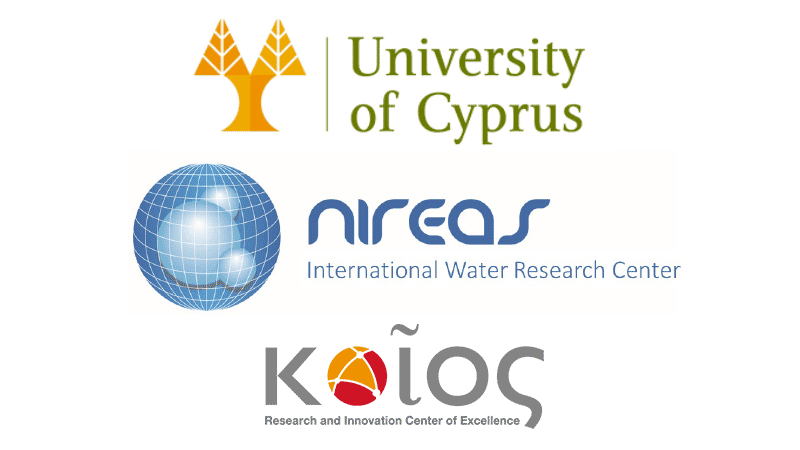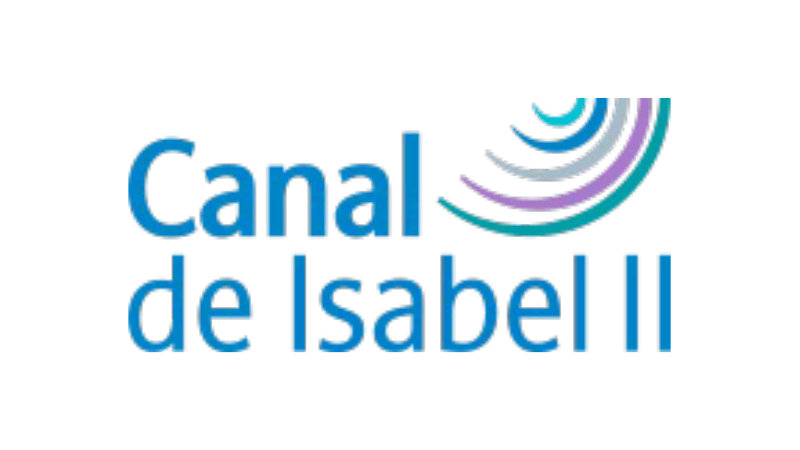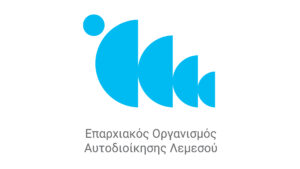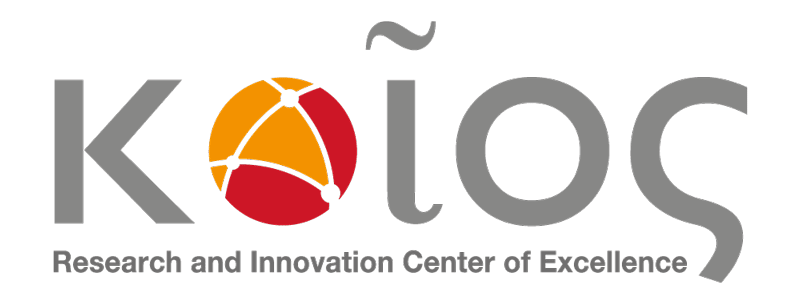Meet the Partners

Associated Partners

Institut Català de Recerca de l'Aigua (ICRA)
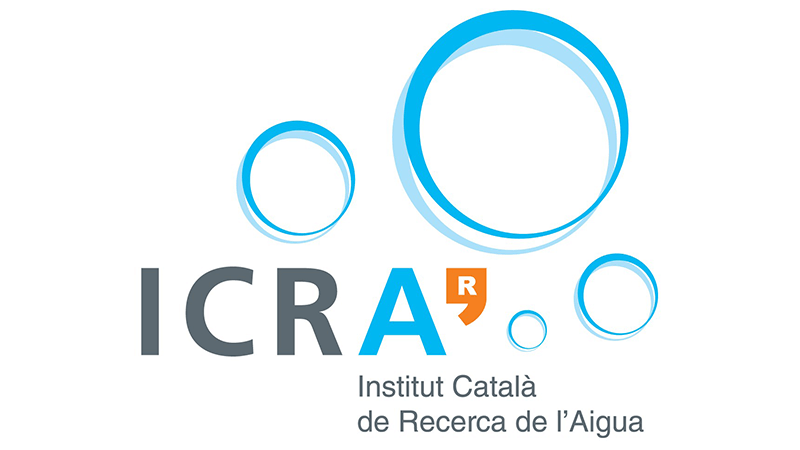
The Catalan Institute for Water Research (ICRA) is a research center created for research and innovation in the sustainable use of water. Its specificity is in encompassing several strategic areas of water research, i.e., chemistry, ecology, water technology, and microbiology, in a single Institute. ICRA focuses research of the integral water cycle, hydraulic resources, water quality and treatment and evaluation technologies and to transfer this knowledge to society and business network. Since its inception (2009), ICRA has become an international reference, with international collaborations formalized in externally financed research projects. External funding through national and international competitive research grants accounted for a total of 4,8 M€ in the past two years with an upward trajectory. Competitive third-party funding is around 50% of ICRA’s budget. ICRA has participated in almost 300 research and training projects, around 230 national and 70 European and international for a total budget of almost 45 M€.
Website: https://www.icra.cat/
University of Cyprus, NIREAS, KIOS
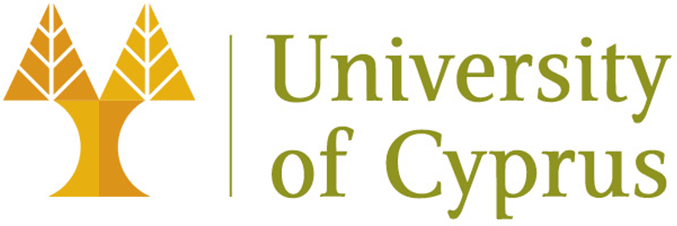

NIREAS – International Water Research Center, University of Cyprus
NIREAS International Water Research Center is a Research Unit of the University of Cyprus established in 2011, with activities devoted to the study and the advancement of scientific research in water-related issues. Nireas-IWRC research focuses on the following pillars: (1) the investigation of advanced chemical oxidation processes and biological treatment systems for the removal of chemical contaminants of emerging concern (CECs) and antibiotic resistance determinants, from aqueous matrices (water and wastewater), (2) the development and evaluation of combinations of advanced chemical oxidation technologies with filtration and adsorption treatment steps for the removal of CECs, (3) the examination of the effect of water reuse after wastewater treatment, on irrigated soil, crops and human health, in regard to the presence of various CECs, (4) the identification of microcontaminants and of their transformation products in environmental matrices and (5) the development and application of wastewater-based epidemiology protocols and techniques in urban wastewater.
Website: https://nireas-iwrc.org/
KIOS Research and Innovation Center of Excellence, University of Cyprus
The KIOS Research and Innovation Center of Excellence (KIOS CoE) operates within the University of Cyprus. The Center was established in 2008 and was subsequently selected by the EU to advance into a Research and Innovation Center of Excellence in 2017, in collaboration with Imperial College London. The KIOS CoE is the largest research and innovation center in Cyprus on Information and Communication Technologies (ICT) with an emphasis on monitoring, control, management and security of critical infrastructures such as electric power systems, water distribution networks, telecommunication networks, transportation systems, healthcare systems as well as emergency management and response systems. The goal of the Center is to conduct outstanding interdisciplinary research and innovation and produce new knowledge and tools to improve the operation, efficiency, reliability, safety, and security of these systems, bringing major socio-economic and environmental benefits at the local and global level.
Website: https://www.kios.ucy.ac.cy/
KIOS Research and Innovation Center of Excellence
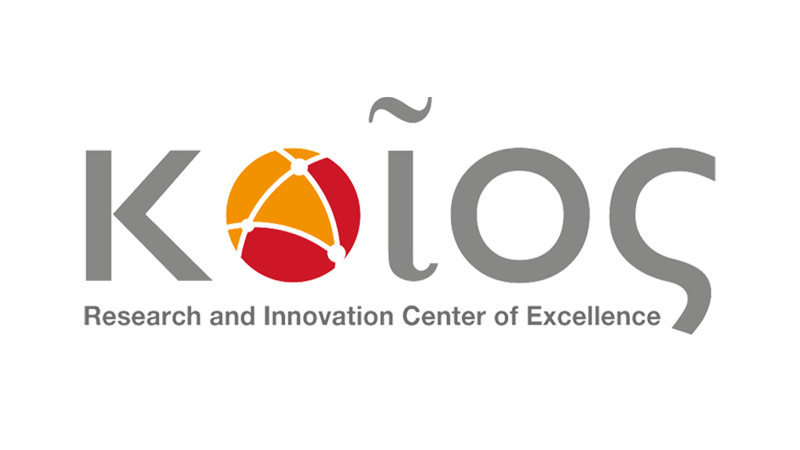
The KIOS Research and Innovation Center of Excellence (KIOS CoE) operates within the University of Cyprus. The Center was established in 2008 and was subsequently selected by the EU to advance into a Research and Innovation Center of Excellence in 2017, in collaboration with Imperial College London. The KIOS CoE is the largest research and innovation center in Cyprus on Information and Communication Technologies (ICT) with an emphasis on monitoring, control, management and security of critical infrastructures such as electric power systems, water distribution networks, telecommunication networks, transportation systems, healthcare systems as well as emergency management and response systems. The goal of the Center is to conduct outstanding interdisciplinary research and innovation and produce new knowledge and tools to improve the operation, efficiency, reliability, safety, and security of these systems, bringing major socio-economic and environmental benefits at the local and global level.
Website: https://www.kios.ucy.ac.cy/
Università degli Studi di Catania
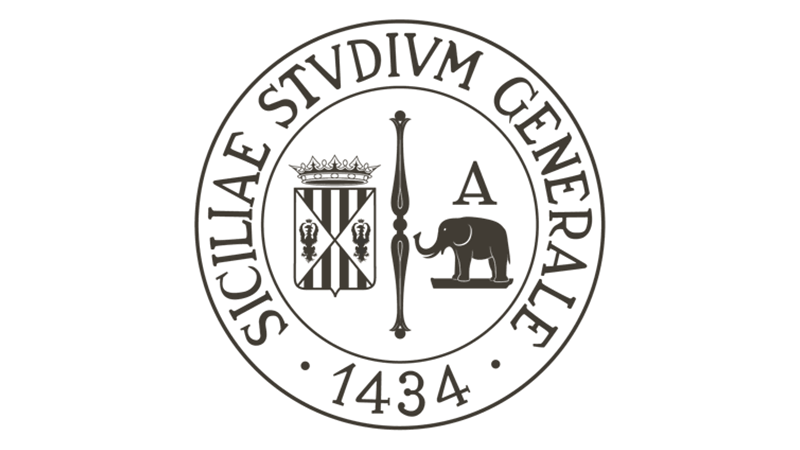
The Università degli Studi di Catania (UNICT), funded in 1434, is one of the oldest universities in Italy. UNICT reserves great attention to research and a remarkable part of its resources is allocated, every year, to fund research projects in all scientific fields according to merit. It also supports scientific activity of young researchers in all departments by providing, each year, about 200 research grants to young fellows. Moreover, UNICT is strongly committed to implement EU policies for the development of scientific careers and, in particular, the principles of the European Charter of Researchers and the Code of conduct for recruitment. The research group of Sanitary and Environmental Engineering at the Dipartimento di Ingegneria Civile e Architettura (DICAR) is focused on advanced treatment processes for water treatment and reuse, contaminated soil remediation, environmental monitoring, and solid waste management.
Website: https://www.unict.it
Dublin City University
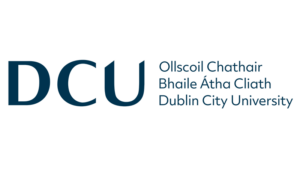
The Dublin City University (DCU) Water Institute (WI) is a cross-faculty initiative of research and education on water which aims at addressing national, international and global water resource problems through excellence in research, education and innovation in water science, technology, management and governance. Research within the DCU WI builds institutional capacity and provides advisory services under five thematic areas: energy, water and health, risks and security, marine. The Water Institute aims to improve and advance basic knowledge of physical, chemical, biological and engineering processes in aquatic systems; to enhance the understanding of human interactions and attitudes with water; to develop and promote improved methodologies for water management and; to inform policy based on a foundation of science, engineering and computing technologies. These goals are met through knowledge and research partnerships, underpinned by technology advances and policy.
Website: https://www.dcuwater.ie/
ISGlobal-Barcelona Institute of Global Health
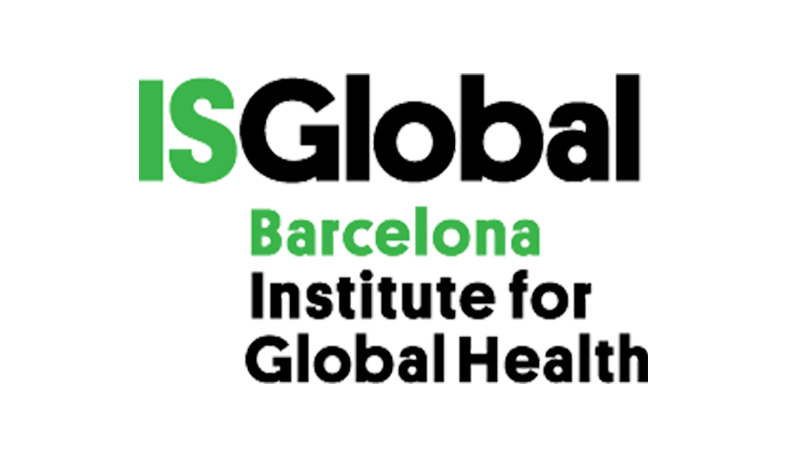
ISGlobal is a cutting-edge institution with capacity to address global health challenges through excellent research, translation and education. ISGlobal has a broad research portfolio in communicable and non- communicable diseases (NCDs) with special attention to environmental health determinants. ISGlobal is also actively involved in providing scientific knowledge and translation to effectively support local, regional and state policies and programmes on health, urban planning and environment and international cooperation. ISGlobal leads a variety of outreach and responsible research and innovation activities, aiming at bringing science and innovation closer to citizen’s needs. Current staff is over 500 members from 40 countries, with collaborations in more than 60 countries, and 600 scientific publications every year. ISGlobal leads WP6-Human exposure in intoDBP project.
Website: https://www.isglobal.org/
Water Europe
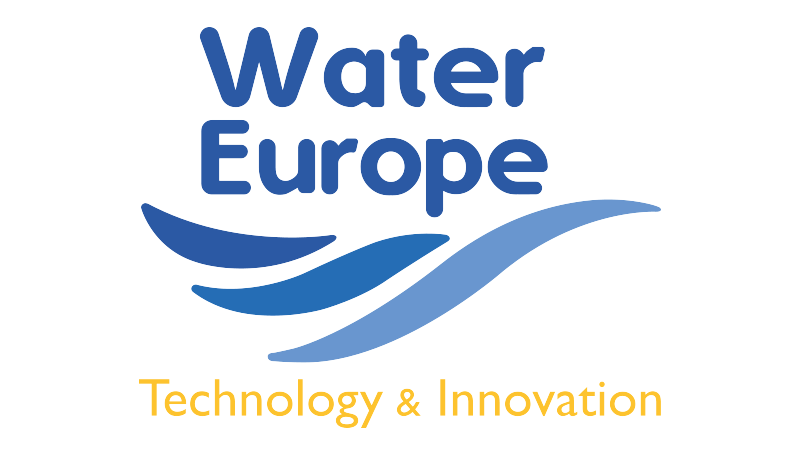
Water Europe (WE) is the recognized voice and promotor of water-related innovation, research, and technology development in Europe. WE is a purpose-driven multi-stakeholder association with over 250 members, representing the entire range of actors in the innovative water ecosystem. WE was established by the European Commission as a European Technology Platform. WE is guided in all its activities by its Water Vision with the ultimate ambition of achieving a Water-Smart Society.
Website: https://www.watereurope.eu
The Hebrew University of Jerusalem
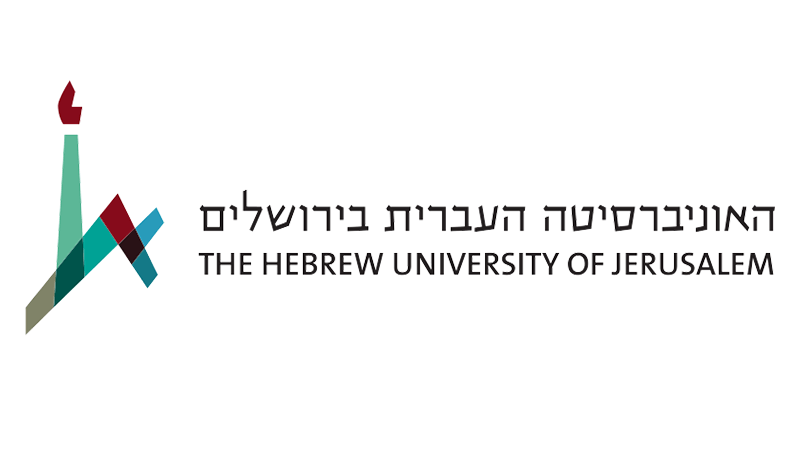
The Hebrew University of Jerusalem is the leading research university in Israel (77th in the 2022 Shanghai ranking), with ca. 4,500 current research projects and approximately 1,500 new projects per year. The University hosts nearly 40% of all civilian scientific research in Israel, and graduates 30% of the country’s doctoral candidates.
The Agranat (Applied Physics, https://en.aph.huji.ac.il/) and Belkin (Life Sciences, https://www.bio.huji.ac.il/en) groups have been cooperating for over a decade in various projects involving the integration of live sensor cells into diverse optoelectronic platforms
Website: https://en.huji.ac.il/
AQUASOIL SRL
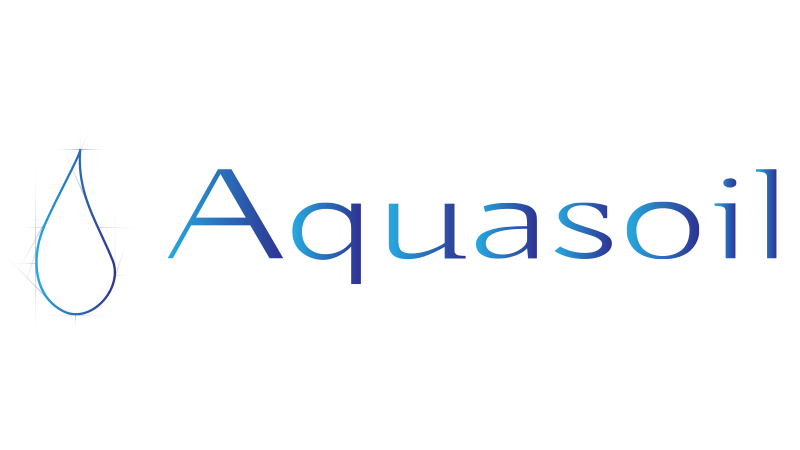
AquaSoil is a water management company that develops and implements sustainable solutions for water treatment, reuse, and conservation. They have proprietary technologies for tertiary treatment and agricultural wastewater reuse. Their mission is to promote responsible water use and contribute to the protection of natural resources. AquaSoil has developed MITO3X, an intensified ozone treatment method that enhances mass transfer and reaction rates against contaminants. MITO3X can improve the efficiency of ozone treatment and remove pollutants from water sources. AquaSoil plans to expand MITO3X with intoDBP, targeting precursor oxidation, disinfection byproducts control, and chloramines formation for drinking water disinfection. IntoDBP is a comprehensive solution for managing water quality and ensuring safe drinking water sources.
AquaSoil aims to provide cost-effective and environmentally-friendly solutions to their clients’ water management needs, creating a more sustainable future.
Website: https://www.aquasoil.it/en/
SK Euromarket
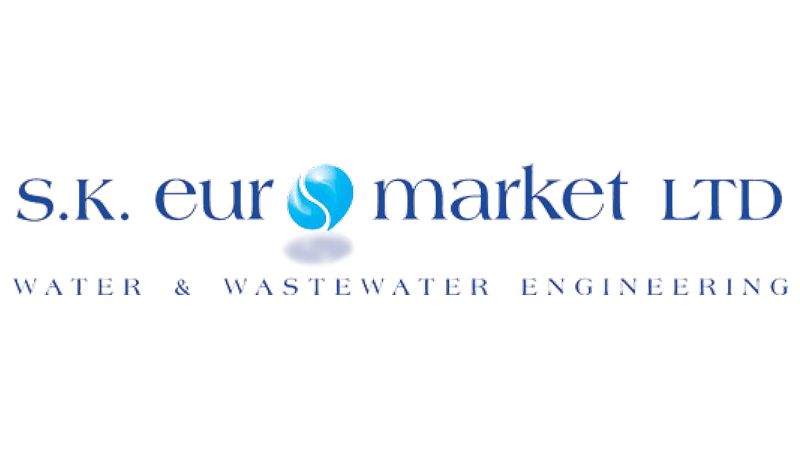
Website: http://www.euromarket-cy.com/
Canal de Isabel II
Limassol District Local Government Organisation
Ens d'Abastament d'Aigua Ter-Llobregat (ATL)
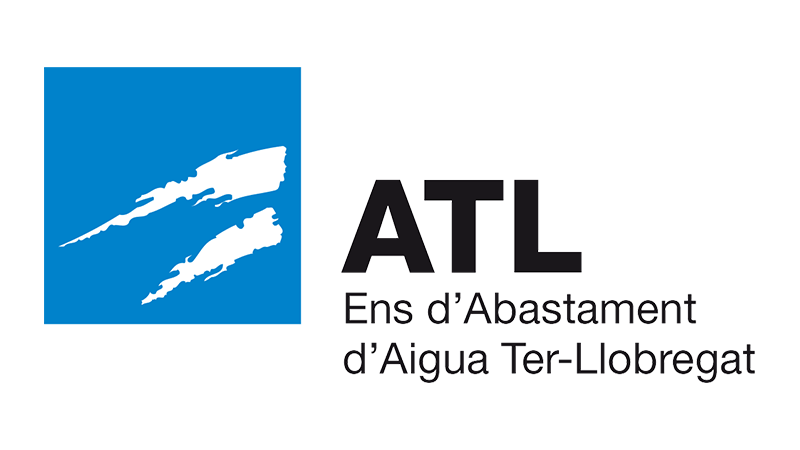
Ens d’Abastament d’Aigua Ter-Llobregat (ATL) is the public-law entity created in 2018 by the regional government of Generalitat de Catalunya to manage the service of drinking water supply to municipalities of Barcelona and its Metropolitan Area.
Its main responsibilities are to produce and supply drinking water, including treatment, storage, and distribution to 117 municipalities. ATL is also in charge of the execution, maintenance, and operation of the Ter-Llobregat network facilities.
ATL collects water from natural resources to treat and supply up to municipal water storage tanks. Then, the city councils are responsible of the household water supply.
The most important infrastructures of ATL system are 3 conventional drinking water treatment plants, 2 reverse osmosis sea water desalination plants, 1 electrodialysis reversal plant and more than 1,000 kilometers of pipelines.
The maximum production capacity of ATL system is 14,2 m3/s and the capacity of treated water tanks is 915.732 m3.
Website: https://www.atl.cat
s::can GmbH
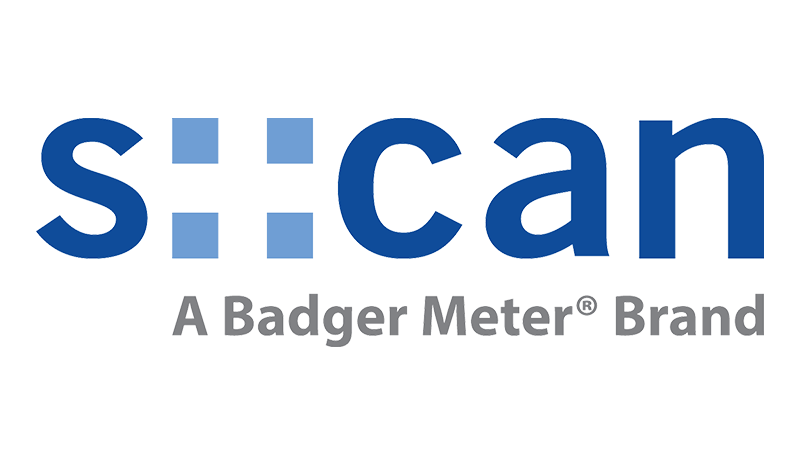
For more than 23 years s::can has been on the forefront of developing and distributing innovative, reliable online water quality monitoring products. Since November 2020 s::can is proudly part of Badger Meter Inc.‘s Water Quality Division. Together with Badger Meter, ATi and Syrinix we offer integrated, customer-centric, world class Smart Water solutions.
With our collective expertise and combined experience we are creating robust digital solutions to operationalize real-time data into actionable insights that drive better results, optimize operations, reduce costs and provide a broad product and solutions range for all your water quality monitoring needs.
We aim to preserve the world’s most precious resource and consider online water quality monitoring the essential basis for this goal. Monitoring combined with optimization of treatments and processes helps to minimize water pollution and to secure a high water quality for our planet as well as a livable, sustainable future.
Website: https://www.s-can.at
Virginia Tech
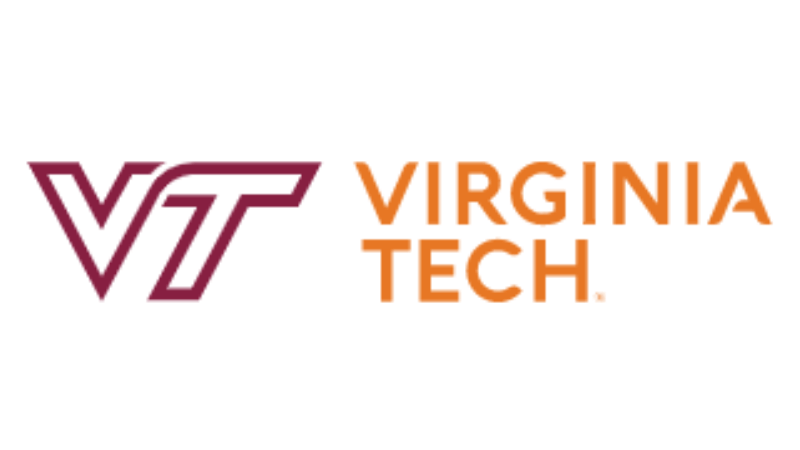
Website: https://www.vt.edu/
UniSA
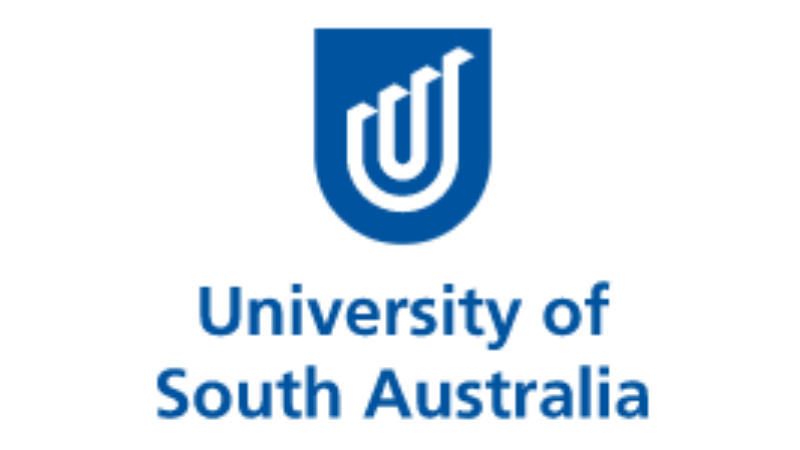
Website: https://unisa.edu.au/
Centre d'Estudis Avançats de Blanes (CEAB-CSIC)
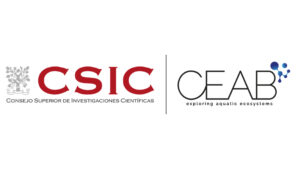
The Blanes Center for Advanced Studies (CEAB) is a research institute belonging to the National Spanish Research Council (CSIC). CEAB started its activity in October 1985 and it currently focuses on the fields of ecology and organism biology, both in sea and continental waters ecosystems.
Website: https://www.ceab.csic.es
